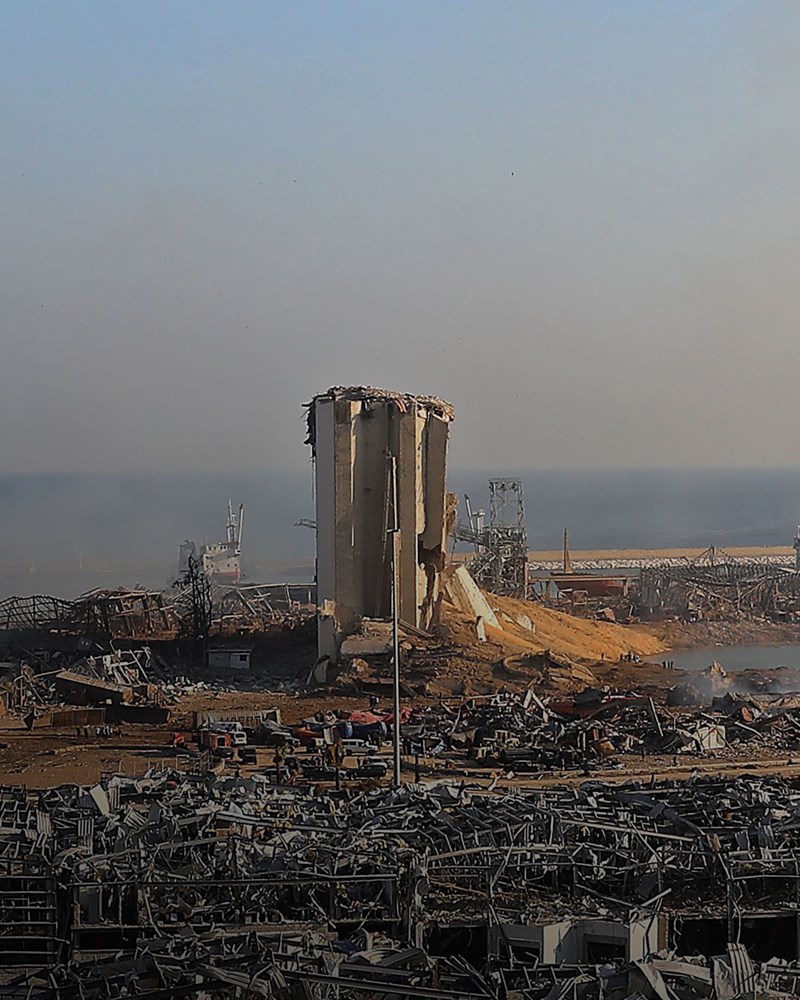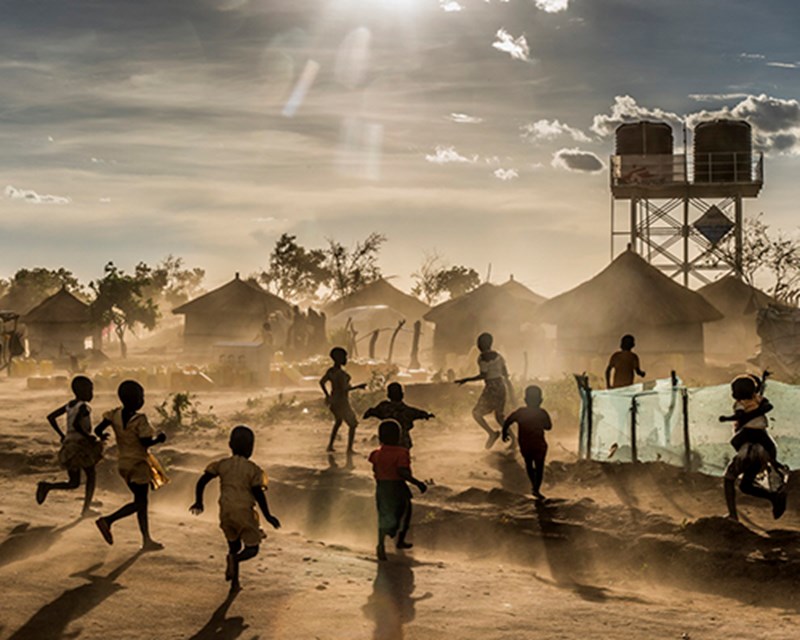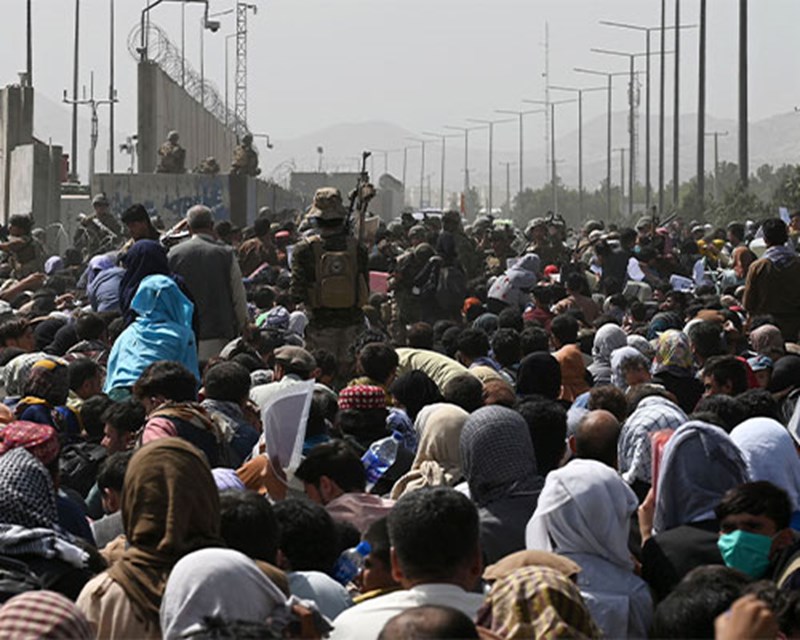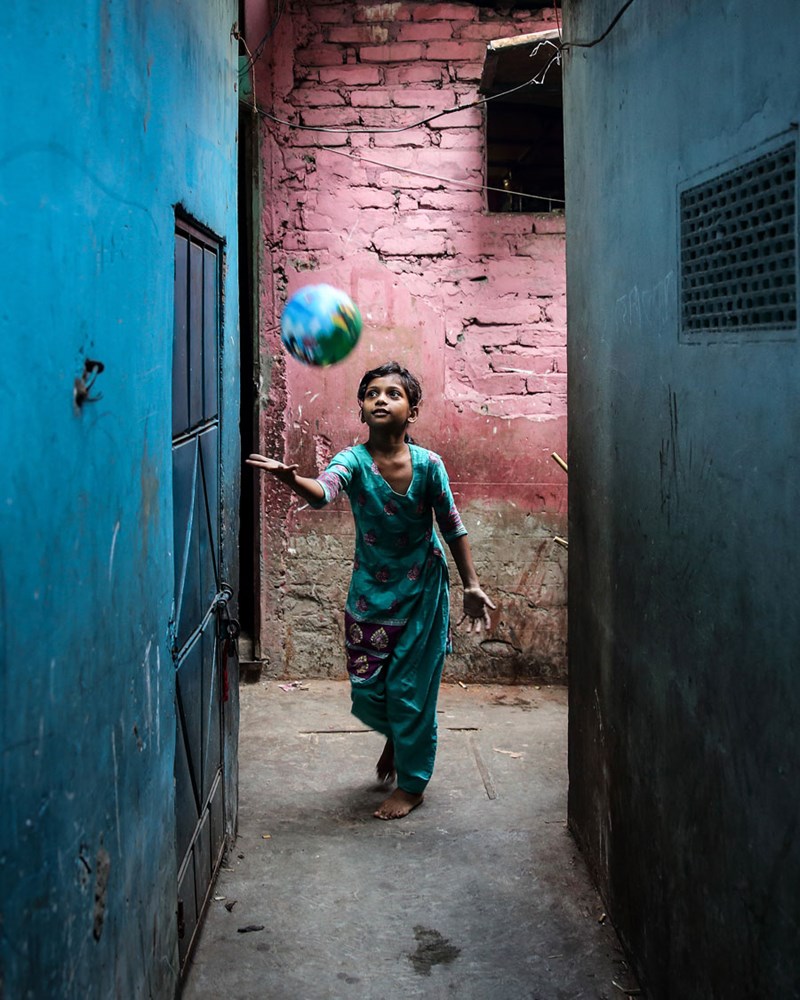How philanthropy can support humanitarian response
In the first few weeks of the Ukraine crisis, more than three million people were forced to flee to other countries, most with little more than the clothes on their backs. The speed at which this crisis unfolded is a striking reminder of both the fragility of our lives and how the international community must be ready at any given time to mitigate human suffering.
Rapid and flexible funding is crucial in a situation like Ukraine, where the context is volatile and fast-moving, with multiple neighboring countries receiving refugees.
It has enabled us at the International Rescue Committee (IRC) to bolster the work of our frontline local partners – who have limited access to resources – to ensure as many people as possible receive life-saving support.
While the conflict in Ukraine is abhorrent, unfortunately it is not isolated. Brutal acts of war - including the bombing of hospitals, schools, and civilian buildings - are also happening in Syria, Yemen, Libya, and Afghanistan, to name just a few.
Our 2022 Emergency Watchlist highlights the 20 countries most at risk for worsening humanitarian crises. It shows there are record numbers of people in need, record numbers of people feeling violence and conflict, and record numbers of civilians exposed to extreme threats to life and livelihoods.
While millions of Ukrainians rightly deserve our attention and resources, we must not allow Afghans, Yemenis, Ethiopians, Syrians, and many more suffering in other places to pay the price of shifting too many aid resources and media attention away from their crises.
Many of those conflicts are now protracted crises, having gone on for several years, even decades, which makes the need for long-term funding and support even more critical.
"Philanthropy can leverage institutional funding… and… influence policymakers at the highest levels."
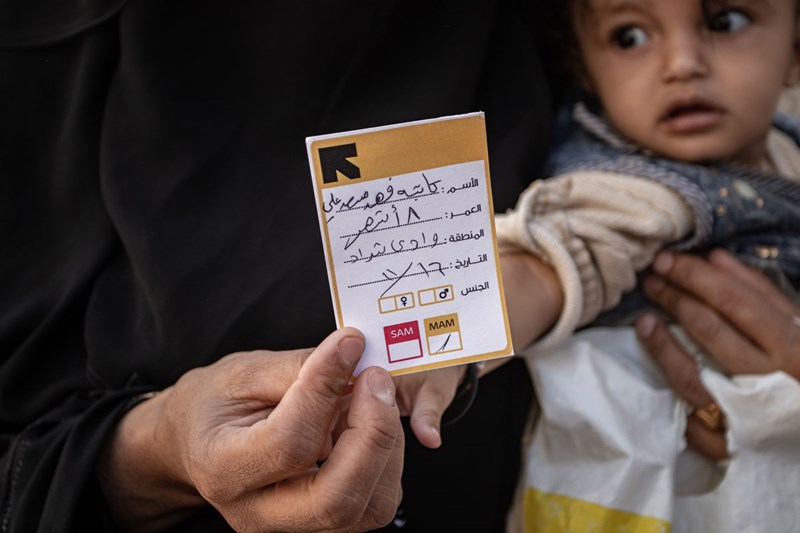

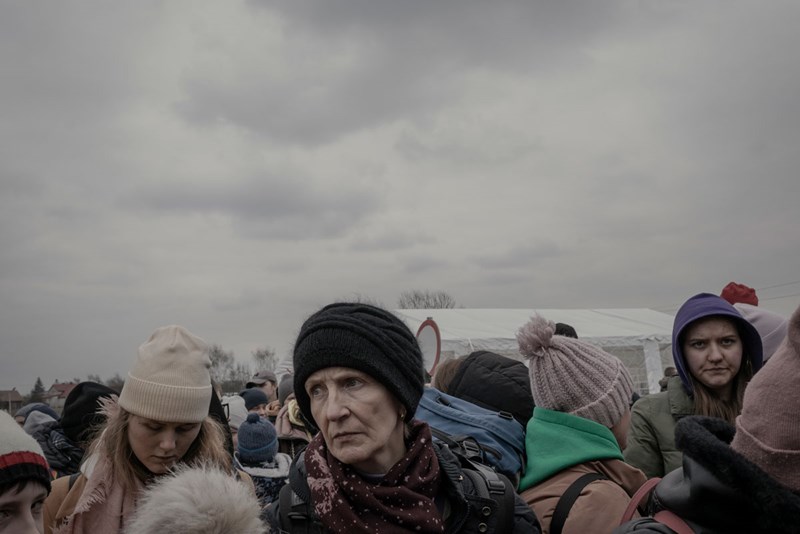
There is a generous culture of giving embedded across the Middle East and the region’s philanthropists have a longstanding history of funding neglected and prolonged crises as well as supporting marginalized groups that are no longer on the news agenda.
The UAE’s Abdulla Al Ghurair Foundation for Education (AGFE), for example, plays a catalytic role in supporting the livelihoods of Arab youth through education initiatives that lead to sustainable employment. And the Shefa Fund, a donor collaborative from Saudi Arabia, is a prominent supporter of maternal health care and disease eradication programmes.
The IRC has also developed important funding partnerships with the region. In 2020, in response to the double header of the Covid-19 pandemic and the Beirut port explosion, which left an estimated 300,000 people displaced we collaborated with Saudi philanthropy, Community Jameel, and Toyota Motor Corporation.
They provided vehicles for IRC’s emergency response operation in Lebanon, greatly increasing our ability to respond to the needs of people impacted by the blast, as well as refugees and host communities.
A separate partnership with Community Jameel, outlined following a roundtable between the philanthropy’s president, Hassan Jameel, and IRC president and CEO, David Miliband, enabled us to scale up our response to Covid-19 transmission for refugees living in Jordan.
It paid for the distribution of personal protective equipment (PPE) and other prevention supplies, covered the cost of emergency admissions for high-risk patients, and helped support with complicated obstetric care cases.
The solid support of philanthropic partners like Community Jameel means that we are not only equipped with the tools to respond to emergencies but, more critically, we are able to test, learn, and design innovative solutions to support people affected by crisis and conflict.
This is the essence of our collaboration with Dubai Cares. The Education in Emergencies: Evidence for Action (3EA) programme has supported the IRC with a groundbreaking seed investment in remedial education and social-emotional learning interventions for refugee, displaced, and host community children.
Such strategic and multi-faceted partnerships not only provide much-needed relief to some of the most vulnerable populations, but they are also a clear example of how philanthropy can leverage institutional funding, systematically change our thinking and operation, and more importantly, influence policymakers at the highest levels.
With millions of people around the globe remaining in need of aid, it is only through collaboration between the philanthropic community and agencies like the IRC that we will be able to alleviate their suffering and help them rebuild their lives. - PA

